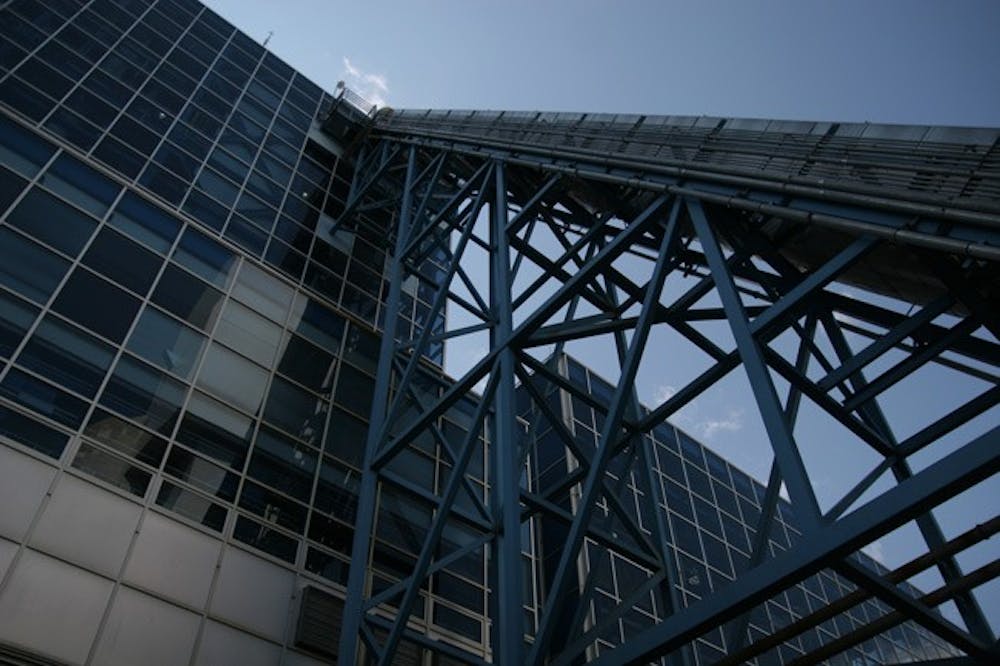A new state Web site is aiming to set up a marketplace for waste.
A state environmental agency created “N.C. Biomass Trader” to help organizations sell and buy industrial waste that can be converted into biofuel.
Materials such as sawdust, used cooking oil and grease and cardboard are some of the types of waste made available through the site.
Buying and selling biofuel materials is gaining popularity and could be used at UNC in the future.
Before the Web site was available, organizations would simply burn the waste or deposit it into landfills, posing harm to the environment.
The site is a spin-off from an older site that distributed waste called N.C. WasteTrader. Both are funded by the Division of Pollution Prevention and Environmental Assistance in the Department of Environment and Natural Resources and the State Energy Office.
Tom Rhodes, an environmental specialist for the agency, said he anticipates that the new site will be more popular than the original.
“There is a growing need for biomass products in North Carolina for energy production and other needs,” Rhodes said. “It is catching on. We anticipate that its going to grow very rapidly.”
Though UNC has not used the Web site to purchase biofuels yet, some administrators said there is a great potential for it on campus.
“I think it’s a great idea,” said Cindy Shea, director of UNC’s Sustainability Office. “It demonstrates how advanced the biofuels market has become and how strong the demand is.”
UNC’s Cogeneration Facility currently runs partially on coal, but tests are being conducted to see whether torrefied wood and other materials sold on the site could work at the University.
“It is much more of an elegant solution than paying for the disposal of the product,” Shea said.
The Cogeneration Facility hasn’t seriously considered using the site yet, but officials said the concept has potential.
“Biomass is part of our future,” said Phil Barner, cogeneration systems manager at UNC.
“I think it will be a big difference assuming we can make it work in our boilers. It will use less coal, and we would be buying quite a lot.”
Contact the State & National Editor at stntdesk@unc.edu.
New site sells industry waste to turn into fuel
UNC points to potential bene?ts

UNC’s Cogeneration Facility on Cameron Avenue is testing to see whether biofuels could be used. DTH/Lauren McCay



